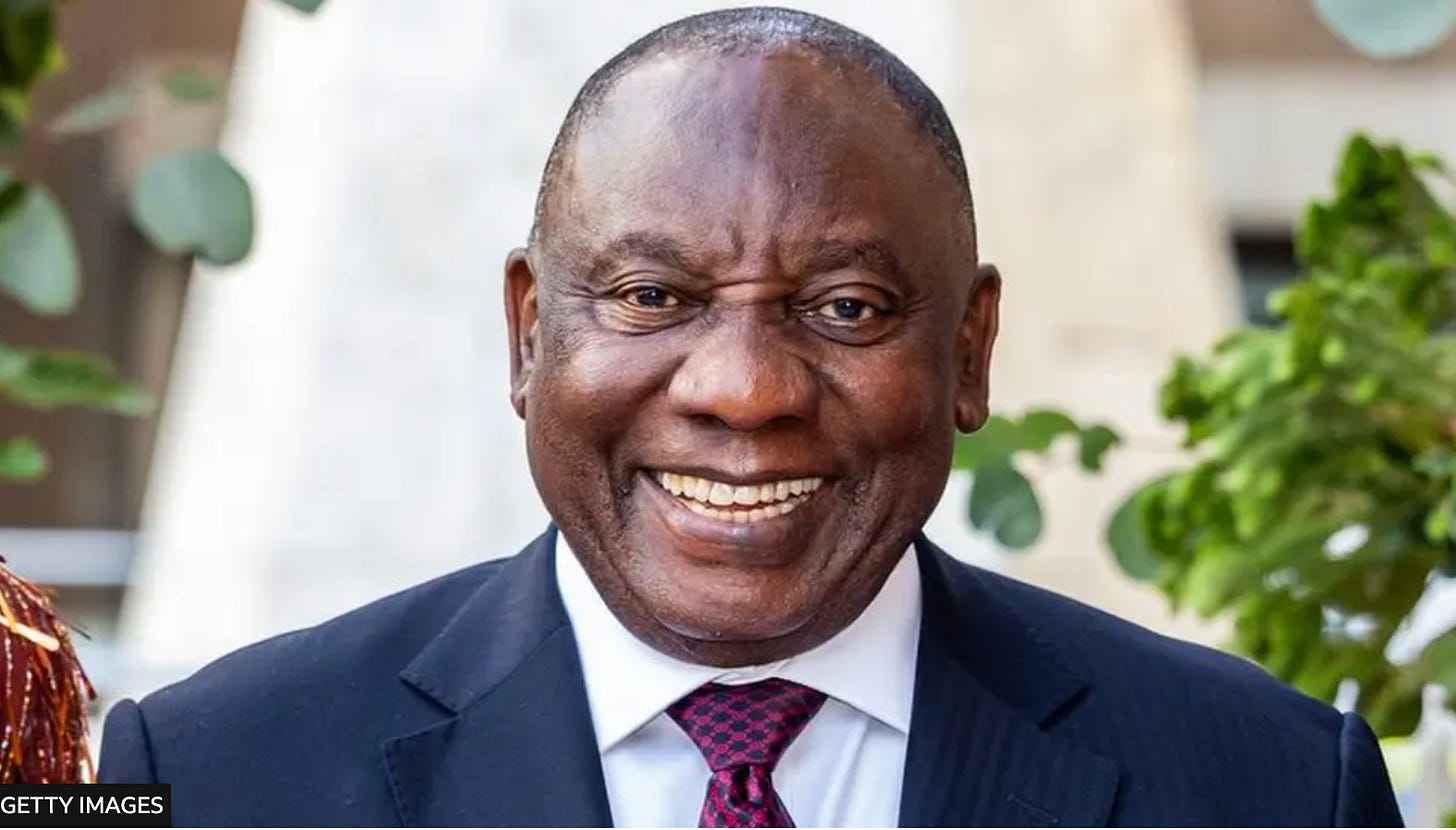Cyril Ramaphosa and the Struggle to Build a Just Democracy as South Africa's President
One person can change a nation
A Democracy Built on Broken Ground
What happens when a democracy starts with the right to vote, but not the right to land, capital, or representation?
For many Americans, South Africa is frozen in time, locked in the memory of apartheid and Mandela. What most people miss is that South Africa never had a clean break. It won its freedom, but inherited the s…



